News
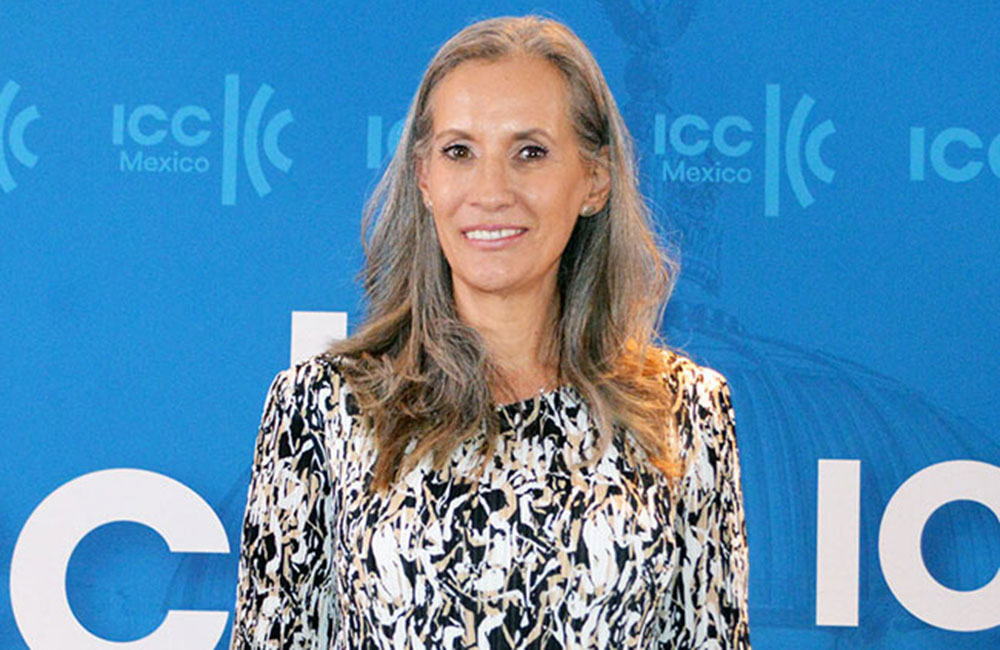
First female ICC chair makes maiden visit to Sri Lanka
The International Chamber of Commerce (ICC) first-ever female chair Maria Fernanda Garza arrived yesterday on an official visit to Sri Lanka.
The ICC, representing 170 countries with a corporate membership of 45 million companies, is the largest and most influential business organization globally.
During her visit, Garza will meet with key officials.
The ICC which represents 170 countries, has had a pivotal role in fostering business growth in the country for the past 68 years.
The ICC is the only organization to be represented in the United Nations, World Trade Organisation and World Intellectual Property Organisation.
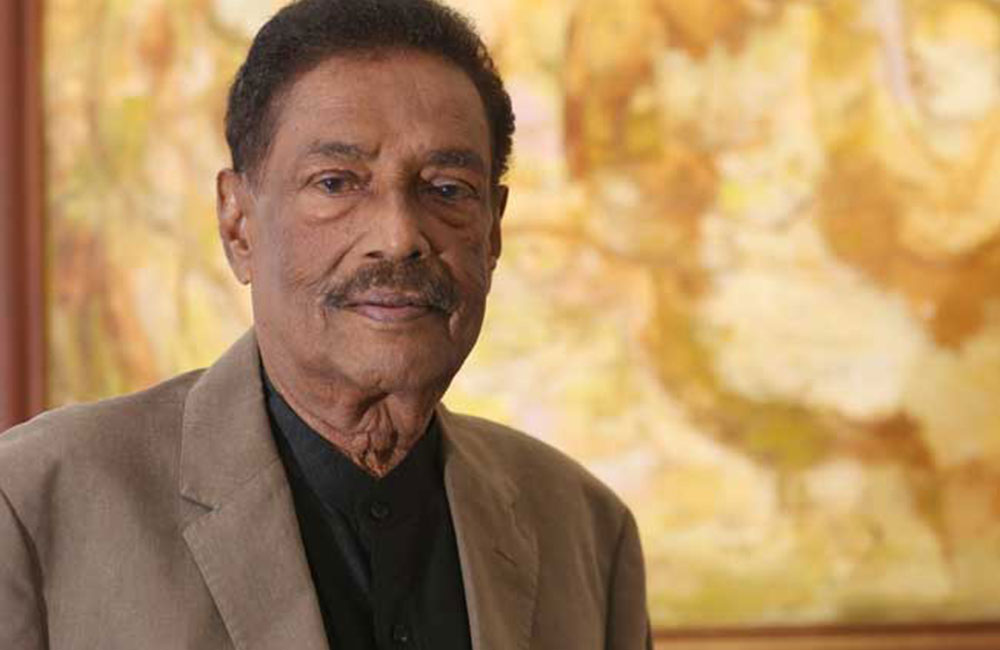
Veteran film producer Dr. Buddhi Keerthisena passes away
Veteran film producer Deshabandu Dr. Buddhi Keerthisena has passed away this morning, according to family sources.
The co-founder of Buddhi Batiks was aged 83 at the time of passing.
His remains will lie in state at his residence on Lake Drive, Colombo 08 from Wednesday (18) to 09.00 a.m. on Thursday (19), and thereafter at Buddhi Batiks workshop in Koswadiya, Mahawewa until 03.00 p.m. on Saturday (21).
Final rites will be carried out at 4.00 p.m. on Saturday at Koswadiya Cemetery, the family sources said.
Dr. Keerthisena is survived by his wife Margaret Ranasiri Keerthisena and his children Darshi Keerthisena and renowned filmmaker Boodee Keerthisena.
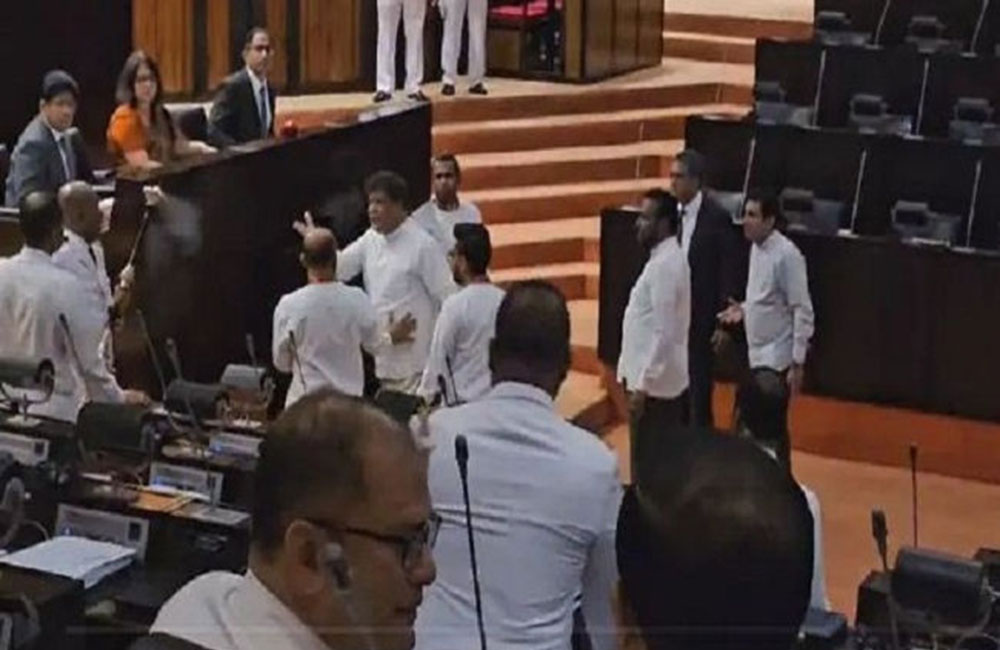
Tense situation in Parliament, SJB MP suspended
Samagi Jana Balawegaya (SJB) MP Ajith Mannaperuma has been suspended from Parliament proceedings for a period of four (04) weeks from today.
Speaker Mahinda Yapa Abeywardena informed Parliament today that MP Mannaperuma will be removed from Parliament today and will be suspended for 4 weeks.
The Speaker further said that the decision has been taken due to MP Mannaperuma’s unruly behaviour during Parliament proceedings this morning.
A tense situation arose in Parliament after Public Security Minister Tiran Alles refused to answer a question posed by MP Manapperuma.
The tense situation continued despite the Speaker urging MP Manapperuma to move away from the centre of the chamber and settle down.
The Speaker was, thereafter, forced to adjourn Parliament for a period of 10 minutes.

Kusal Mendis has been appointed as Captain
Kusal Mendis has been appointed as the 26th captain for the Sri Lanka national cricket team in One Day Internationals (ODIs). This decision comes as regular captain Dasun Shanaka was sidelined from the squad due to an injury.
Mendis, a prominent and seasoned player, will lead the Sri Lankan team for the remainder of their World Cup campaign.
In another roster adjustment, all-rounder Chamika Karunaratne has been chosen as Shanaka’s replacement in the squad.
Karunaratne’s versatility is expected to bolster the team’s performance in both batting and bowling.
However, the Sri Lankan team has faced another setback with fast bowler Matheesha Pathirana’s injury. Pathirana is expected to be out of action for at least a week due to a shoulder injury, leaving the team with challenges in the fast bowling department.
Sri Lanka is scheduled to take on Australia tomorrow in a crucial match, and fans will be closely watching to see how the team, under Kusal Mendis’ leadership, tackles this formidable opponent.
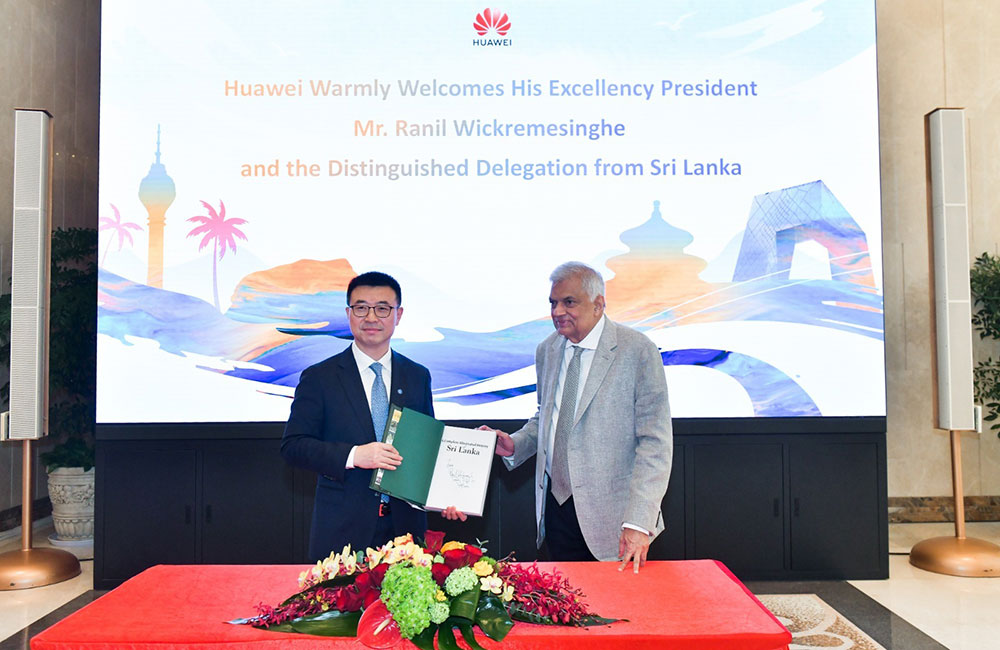
Digitization of schools: Huawei inks agreement during president's visit to China
President Ranil Wickremesinghe, who is on an official four-day trip to China, led a delegation to Huawei’s research and development centre in Beijing today (17).
An agreement was signed during the visit, formalizing Huawei’s support for the digitization of Sri Lankan schools.
Simon Lin, Senior Vice President of Huawei technologies and President of Huawei Asia Pacific, announced his company’s readiness to support an annual study program aimed at nurturing software and hardware engineers in Sri Lanka.
He mentioned that Huawei has already initiated collaborations with several Sri Lankan universities, not only in academic assistance but also in providing technology and infrastructure.
Emphasizing the crucial role of both the Chinese Government and Huawei in supporting Sri Lanka’s digital education system and green energy production, President Wickremesinghe stressed the need for Sri Lanka to build a competitive digital and green economy to face the challenges of the future, adding that the foundational work for this transformation is already underway.
The Sri Lankan delegation was also briefed on Huawei’s international services and their latest technological advancements.
Minister of Foreign Affairs Ali Sabry, Minister of Transport and Mass Media Dr Bandula Gunawardena, National Security Advisor and Chief of Presidential Staff Sagala Ratnayaka were also present on this occasion.
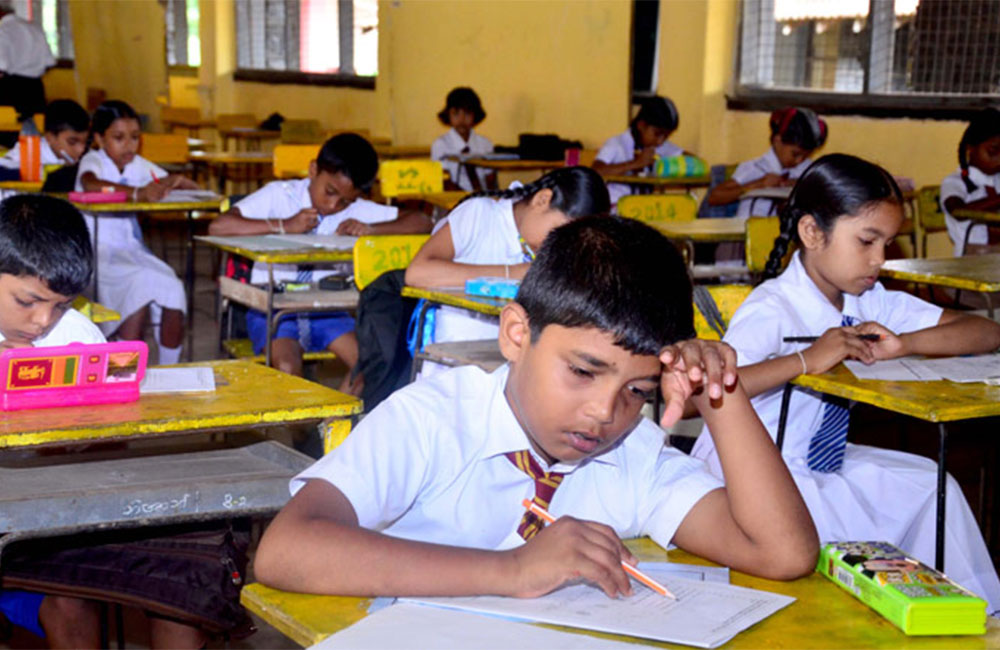
Grade 5 Scholarship Exam 2023 results to be released within 45 days
The Commissioner General of Examinations Amith Jayasundara assured that the results of the 2023 Grade 05 Scholarship Examination will be released within 45 days.
The Grade 05 Scholarship Examination commenced at 9.30 a.m. today (Oct. 15) at 2,888 exam centers across the island, amidst adverse weather conditions in certain areas.
Furthermore, the Department of Examination stated that a total of 337,956 candidates were expected to sit for the Grade 05 Scholarship Exam this year.
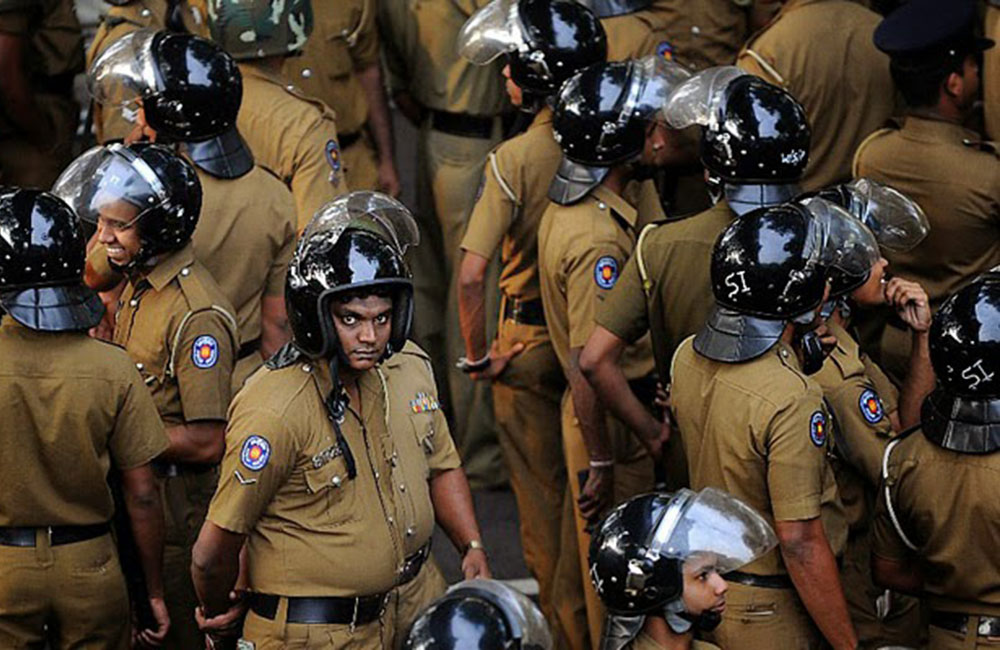
Hotline introduced for complaints against Police officers
The general public is now able to lodge complaints pertaining to the misconduct of police personnel via the ‘118’ hotline, the Police Media Division announced today.
The hotline was initially introduced by the Ministry of Public Security for members of the public to submit complaints concerning various crimes.
However, the same hotline can now be used to lodge complaints regarding the misconduct of police officers, as per a press release issued by the Police Media Division.
It further states that information can be provided anonymously, if required, and that the confidentiality of the information obtained through complaints lodged via the 24-hour hotline will be safeguarded.
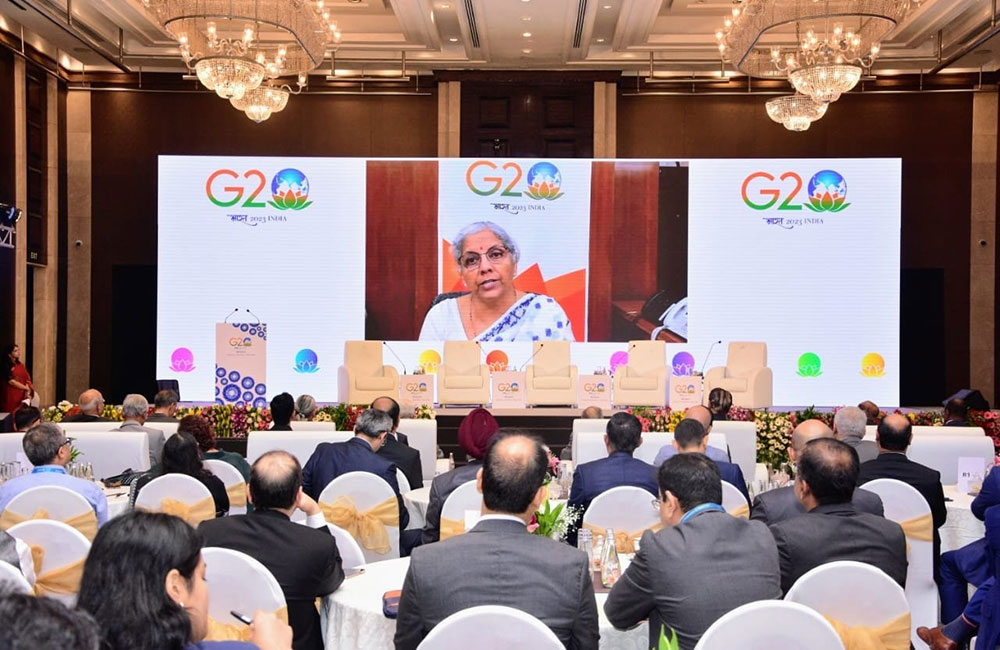
SL’s progress with IMF ‘speedier’ than most countries under G20 framework: Indian Finance Minister
Indian Finance Minister Nirmala Sitharaman has commended the progress Sri Lanka has made thus far with regard to the resolutions under their agreement with the International Monetary Fund (IMF).
Speaking at the IMF – World Bank meet on India’s Group of 20 (G20) presidency, particularly in response to a question raised regarding the concerns pertaining to the G20 common framework for debt restructuring and claims that progress made under this framework is ‘too slow’, Sitharaman explained that albeit Sri Lanka having been categorised as a middle-income country, it was later on the verge of being graded a low-income country when the economic crisis came about, and thus, it could not be addressed by the common framework.
“The crisis could not be addressed by the common framework because it was a middle-income country, it couldn’t qualify to be addressed within the common framework it was outside”, she explained.
The Finance Minister noted, however, that when compared to many other countries the speed with which Sri Lanka is getting its resolutions through the IMF is “very good”, and “ speedy compared to the common framework”.
Speaking further in this regard, Sitharaman noted that today, many financial institutions, including the IMF, have realized the need for such processes to be speedier.
Emphasisng the value of Sri Lanka’s progress with regards to the IMF agreement and its resolutions, Sitharaman highlighted that the very formation of the creditor committee through a sovereign debt roundtable, which the IMF established together with the World Bank under the India presidency to address the issue of Sri Lanka’s debt crisis, is one that is likely to be used as a template for any other country in the future.
Albeit agreeing to the fact that the process, could, in fact, be speedier, Sitharaman said “It is moving as per the formula and speedily, it can be speedier, that’s a different story, but the fact is at the moment it is very speedily”.
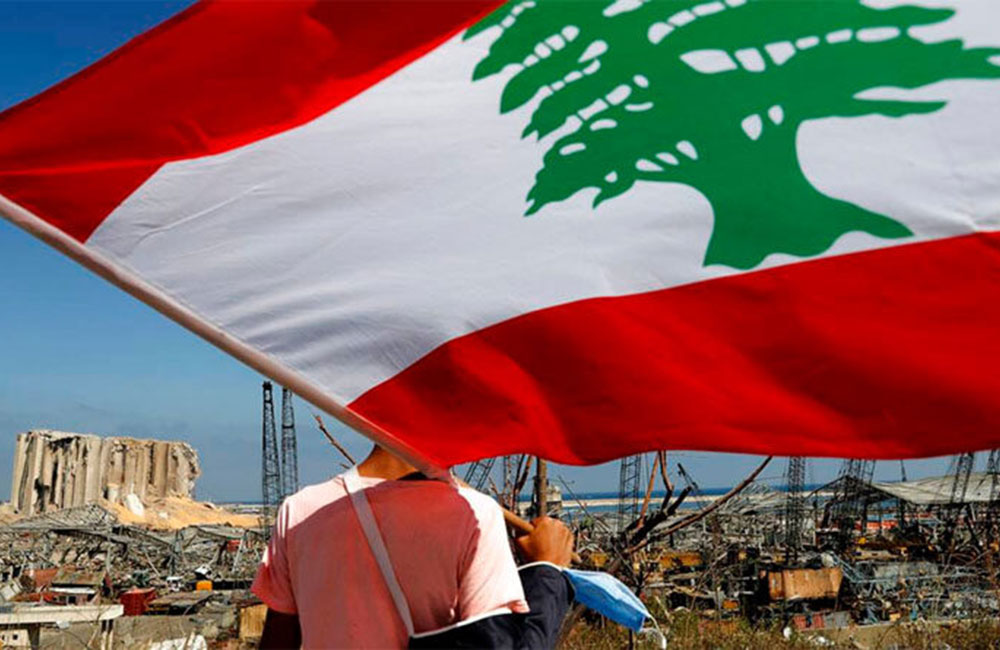
Urgent message for Lankans in Lebanon
The Embassy of Sri Lanka in Lebanon has requested Sri Lankans working in southern Lebanon to immediately register themselves with the Embassy.
The appeal has been made by the Embassy of Sri Lanka in Beirut in view of the escalating violence between Israel and Palestine.
Sri Lankans working in southern Lebanon have been advised to provide their names and their contact numbers to the Embassy.
The Sri Lankan Embassy has introduced the following hotlines and email addresses to assist Sri Lankans working in southern Lebanon;
070386754 071960810
This email address is being protected from spambots. You need JavaScript enabled to view it.
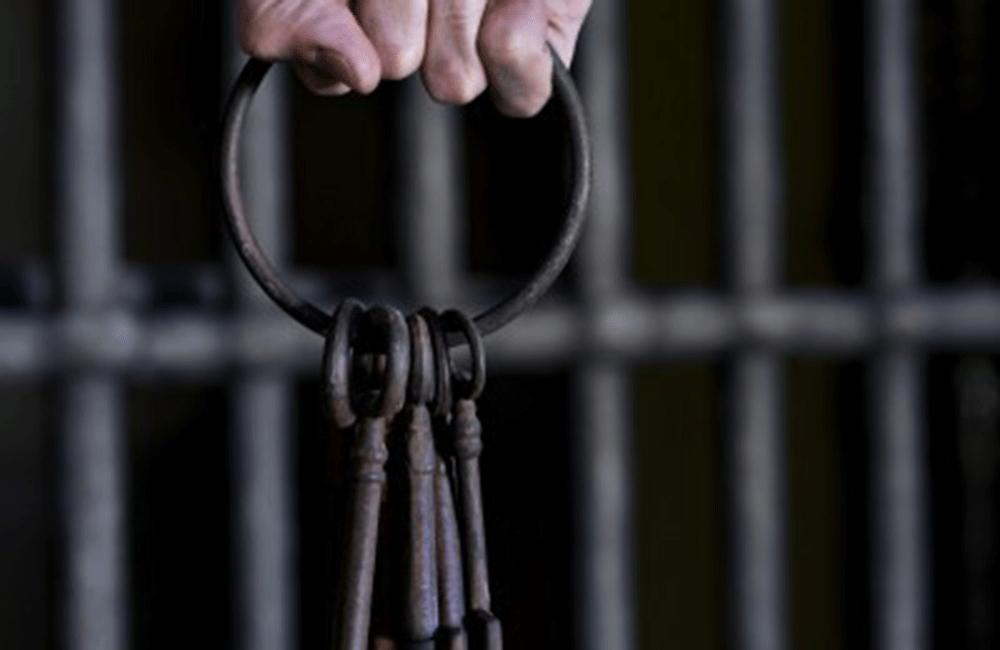
Court registrar taken into custody over fake letter
The Criminal Investigation Department yesterday (13) arrested Registrar of the Fort Magistrate’s Court on suspicion of having prepared a fake letter stating that the travel ban of a suspect had been lifted and the Immigration Controller informed by fax.
The Court had imposed a travel ban on this suspect. It is stated that the suspect Registrar has issued this fake letter to the Controller General of Immigration and Emigration that the overseas travel ban has been lifted on a suspect who was sentenced in a case involving seven charges heard at the Fort Magistrate’s Court.
It has been revealed during the investigation that the relevant file related to the incident had gone missing, and the suspect Registrar was arrested based on the complaint received from the Fort Magistrate’s Court regarding a missing case file.
The CID has extensively questioned the officer who typed this fake letter. The typist had told the investigators that she received the draft of the letter from the Registrar to be typed.
However she has told the CID that she did not receive the relevant case file from the Registrar. The CID has also recorded statements from officials who were on duty at the room where case files are kept. On completion of the preliminary investigations into the incident, the Registrar has been arrested on suspicion to continue further investigations. She was produced before the Magistrate yesterday evening.
(dailynews.lk)
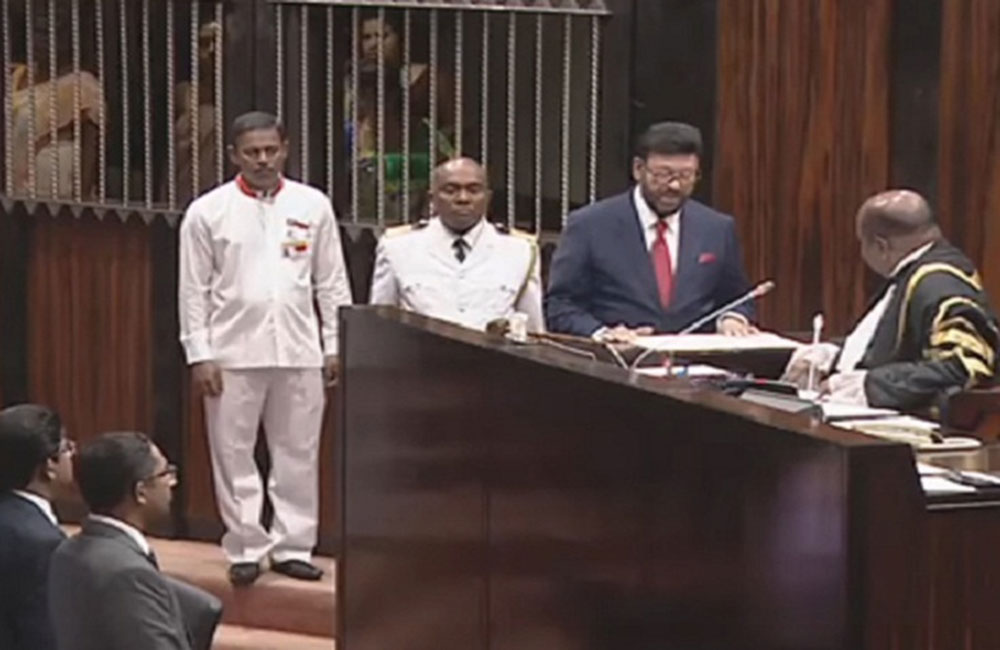
Ali Zahir Moulana sworn in as a MP
Ali Zahir Moulana was sworn in as a Member of Parliament a short while ago.
He was sworn in before Speaker Mahinda Yapa Abeywardana.
The appointment was announced by the National Election Commission through an Extraordinary Gazette notification.
He was appointed to fill the MP seat left vacant following the expulsion of Naseer Ahamed, following a court order.

Rain expected in several areas after 2 PM
Showers or thundershowers will occur over most parts of the island after 2.00 p.m. Fairly heavy showers above 75 mm can be expected at some places in Uva, Central,Sabaragamuwa and Easten provinces.
A few showers may occur in coastal areas of the western and southern provinces during the morning too.
Misty conditions can be expected at some places in Central, Sabaragamuwa and Uva provinces during the morning.
The general public is kindly requested to take adequate precautions to minimize damages caused by temporary localized strong winds and lightning during thundershowers.
Page 244 of 683